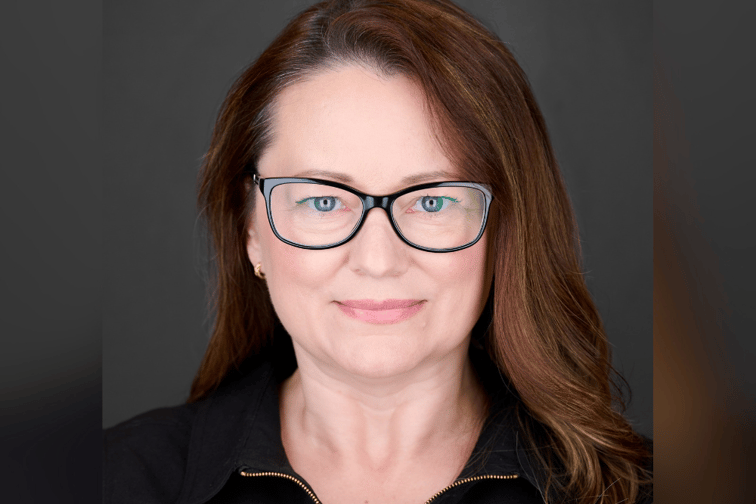

Insurer broker distribution heads are having to respond to some key developments within the industry that makes business effective for all parties involved — one of them being the influx of mergers and acquisitions (M&A).
“From our perspective, as a carrier, it means there are fewer distribution partners out there to deal with, but the relationships we do have are larger, and so we’re seeing our broker distribution channel grow via that consolidation activity,” said Terri Mason-Benjamin (pictured), vice president, marketing & distribution at CNA Canada.
“It’s allowing us to access more of the market through existing relationships.”
In an interview with Insurance Business, Mason-Benjamin spoke about how better access of the market can be achieved through technological developments and an emphasis on efficiency and specialization.
While M&A provides more opportunities for brokerages and the insurers they work with, the use of quality data is helping to refine and streamline activity within the space.
Having access to clear and concise data enables better business making decisions, while also helping to measure the success of relationships with insurers and brokers.
“Many brokers and insurers are looking to maximize the potential of existing relationships versus forming new ones as part of efficiency plans,” Mason-Benjamin said.
Collecting and reviewing actionable data allows those in the broker distribution channel to better perceive what business areas are performing well and where there are opportunities to grow.
Another area of interest in terms of the digital revolution is the rise of insurtechs within the industry.
“They’re introducing fast service, AI, big data, machine learning, online platforms and other self-service tools,” Mason-Benjamin said.
“It’s really driving that quick delivery that consumers have come to expect.”
The personal lines area has been transformed by this more autonomous policy shopping experience, but how these companies and their digital-first business structure will penetrate the wider market remains to be seen.
“I think they’re going to continue to develop and eventually settle as a standard fixture in the market; but locating that sweet spot is a work in progress,” Mason-Benjamin said.
“The presence of insurtechs is driving technology development across the industry, and brokers are coming to expect this. It’s definitely a new distribution channel that’s here to stay.”
With M&A and technological advancements reshaping how business is performed and analysed, brokers are looking to better serve their clients efficiently.
“A common theme we hear from brokers is a keen focus on efficiency — on optimizing their operational processes and their performance,” Mason-Benjamin said.
This allows brokers to create more business opportunities through a more thorough but faster interaction with clients.
They are also looking to have more flexibility, customization, as well as the ability to find creative solutions to customer concerns.
“Strong, transparent partnerships with insurers ensures that doing business together is both easier and more responsive,” Mason-Benjamin said.
Having spoken with brokers in the field, Mason-Benjamin and her colleagues have discovered that specialization is something that is penetrating both the broking and carrier industries.
“A lot of brokers and insurers are specializing in verticals like manufacturing, construction and technology, to offer the most comprehensive solutions to a client’s unique concerns,” she said.
Additionally, the push towards specialization and efficiency is also linked to increased knowledge in other sectors of insurance.
“Brokers are looking to showcase that they have access to carriers who have very specific knowledge of a topic or industry segment, have the proper underwriting capacity to address these niche concerns, while providing quality claims and risk control services as well,” Mason-Benjamin said.
This creates a customized solution that is rooted in both a competent and individualized handling of business, which allows for a stronger partnership to be formed amongst brokers and distribution channels.
“To me partnership in our business means working together towards a common goal while maintaining alignment in terms of business practices and core values.” Mason-Benjamin said.
